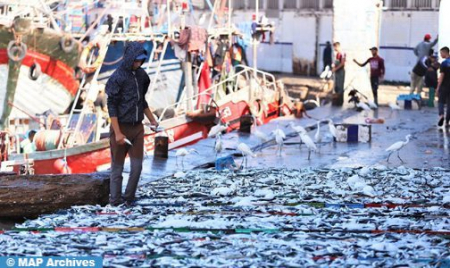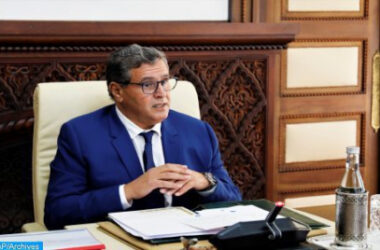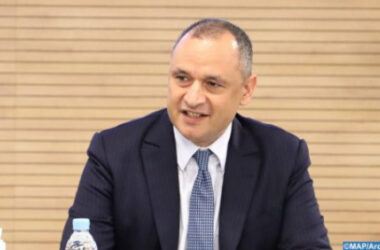The Director General of the National Institute of Fisheries Research (INRH), Abdelmalek Faraj, highlighted the Blue Belt Initiative launched by Morocco to meet the challenges of climate change, ocean conservation and sustainable development of fisheries and aquaculture, as well as to ensure the main factors of future food security.
He stressed that this initiative aims to complement national and regional marine strategies by encouraging the transformation of jobs in the marine fisheries sector into sustainable activities that respect the marine environment while turning environmental constraints arising from the effects of climate change into new economic opportunities to generate economic value.
He pointed out that the Moroccan ocean coast, which offers 58% of production opportunities, was an unsustainable space, and that the Blue Belt Initiative came to develop sustainable means using the natural specificities of the ocean with the problems of climate change and food security.
Faraj noted that the objective of the Blue Belt Initiative is to encourage sustainable solutions and strengthen international cooperation, adding that Morocco, which has accumulated pioneering experiences in several areas such as smart fishing and sustainable fishing, aims to make the private sector a key player in the sector.
He said that Morocco, which has a coastline of over 3,500 km, is a leading country in the marine fisheries sector with a production of about 1.5 million tons, noting that efforts are also being made to develop the marine farms sector, emphasizing the creation of an agency specialized in this area, namely the National Agency for the Development of Aquaculture (ANDA).
He said that in ten years Morocco has invested more than 150 million euros to develop infrastructure for scientific research on fish, noting that two research centers and a center for oceanic studies have been built, in addition to the reform of legislation to accompany the development of marine agriculture, the development of comprehensive management plans and strengthening the participation of the private sector.










